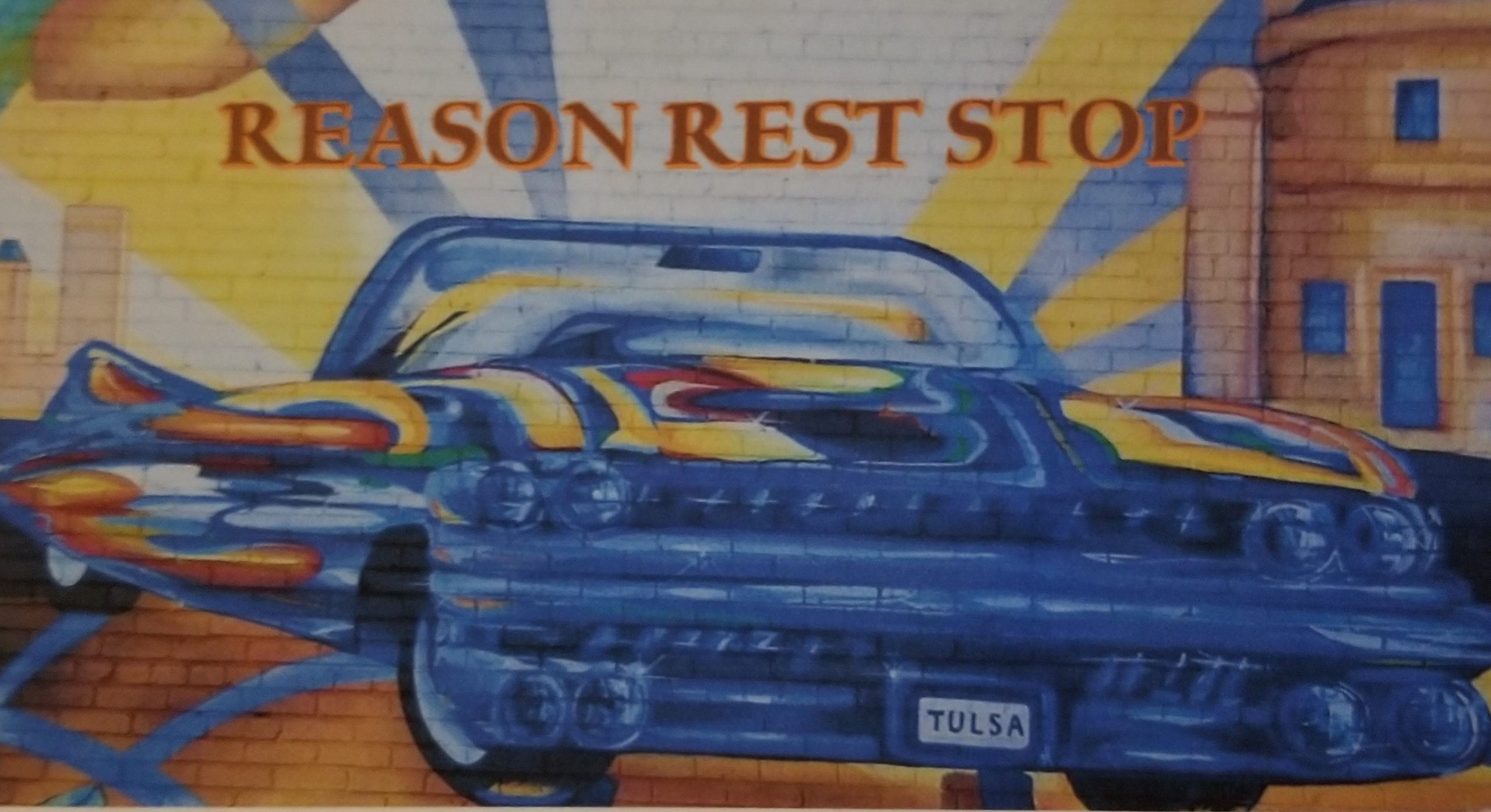There is nothing that succeeds better at debunking popular mythology like using a seemingly far fetched but true story to do it. In light all the recent hoopla over how a certain former battlefield standard was all about “heritage not hate,” it would behoove all who bought that load of nonsense without question to do a little research on its history and what it really stood for. If they don’t have time to do that then maybe they could watch movie that explains in no uncertain terms.
If they did take the time to watch such a movie they could hopefully learn some things basic to being a real American. Issues like income inequality, unregulated capitalism and wealthy interests stacking the deck in favor of wealthy interests at the expense of the non-wealthy are recurring themes in the history of the United States. Director Gary Ross has very artfully made these themes exude nicely from his film based on a piece of authentic Southern history and a lineage of true Americana. Yours truly was able to view an advanced screening of Free State of Jones at Tulsa’s Circle Cinema on Thursday evening.
What I had heard about this picture going in turned out to be true: This is not your grandpa’s sort of Civil War story. It most certainly isn’t. Actor Matthew McConaughey skillfully brings to life the humanity of the story’s protagonist, one Newton Knight. Knight, an ordinary man of modest means, finds himself conscripted into the Confederate States Army where he serves as a nurse in a field hospital. Having been one who witnessed in the first person and directly dealt with assuaging the horrors of the human cost of armed conflict in 1862, Knight began to question why it was all necessary. One thing that the Knight character underscored for me is that you don’t have to be in command, highly educated or well paid to see injustice or to take action to correct it. When he learned the Confederate government passed the “20 Negro Law” where for every 20 Negroes that a plantation owner had then one white male member of their household would be exempted from military service, he opted to exempt himself from his own military duty and deserted. Knight returned to his home in Jones County Mississippi and immediately learned Confederate government excesses did not stop with conscripting poor whites. It became apparent that in-kind revenue collectors had been assessing his family and neighbors far more than their legally authorized 10%. Knight managed to arm his family and neighbors and confronted the collection officer and his detail. This in addition to his desertion makes Knight a fugitive of Confederate justice. He eventually finds himself hiding in a local swamp where he meets other individuals who are also on the lam, mostly runaway slaves. Knight becomes quite close friends with one plantation escapee who chose his own freeman’s name, Moses Washington portrayed by actor Mahershala Ali. He also becomes intimately involved with a former plantation domestic by the name of Rachel who is beautifully played by British actress Gugu Mbatha-Raw. As the war went poorly for the Confederacy the number of Knight’s company grew significantly, especially after the fall of Vicksburg in July 1863. Knight and his followers eventually made their own law for their own county and hoisted the Stars & Stripes over it.
Knight’s coalition of former slaves and disaffected poor whites continued well after the war and into Reconstruction. As a unified force they continued to battle for their rights to be who they were in the face of a newly formed terrorist organization (the KKK) and good ‘ole boy local officials that sought to restore the socioeconomic order that was the antebellum South.
This story underscored something for me that I already knew to be true, that being there are things we do in this life that echo in eternity. In the case of Newton Knight, his descendants had to deal with who he chose to love. One of the subplots in the film focuses on a Mississippi criminal court case eighty-five years later involving Newt’s grandson Davis Knight, who is charged with violating a state miscegenation law.
As one who is a fan and student of history, I thought this depiction of a historically factual story was very well done and the acting was excellent. The horrors of Civil War combat were adequately shown without too much focus on the carnage. The wretched condition of the former slaves and the odiousness of involuntary servitude was accurately played without indulging in the spectacle of the institution. The plight of the poor and dispossessed white Southerners was also accurately illustrated and fairly differentiated from that of the former slaves. The arrogance of the Confederate officials was fair and accurate. All period scenes appeared to pass historical muster.
Free State of Jones tells a true story of a piece of American history that I like most of the rest of my fellow citizens had never heard about in any U.S. History course in high school or college. As I stated above, the story of Newton Knight is an authentic piece of true Americana. Director Ross and all the cast should be commended to for delivering a very convincing performance.
I rate this film 5 out of 5 stars.
The true story of the Free State of Jones

